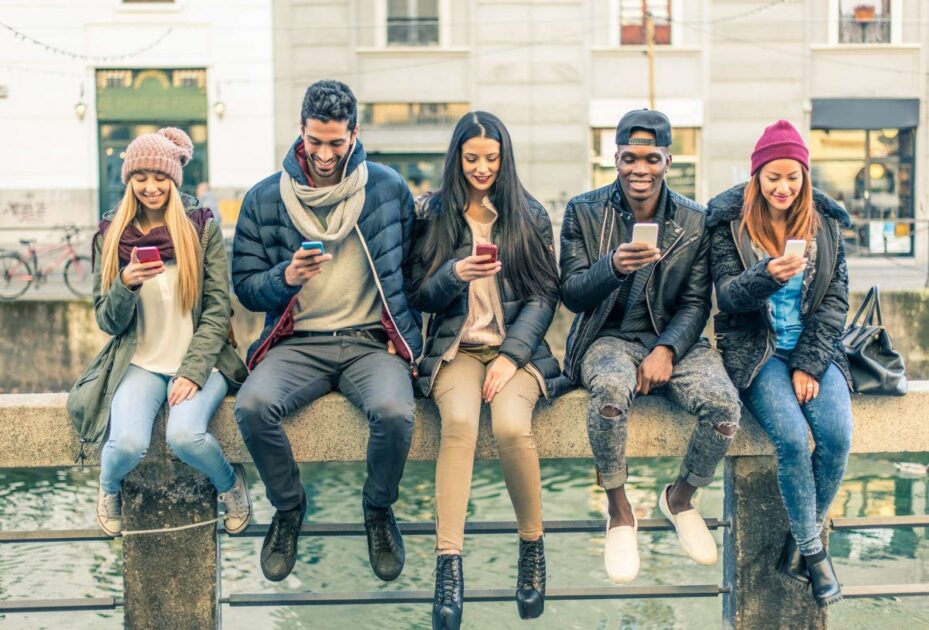My thoughts on the digital age of consent
Grace shares her opinion on what the age of digital consent in Ireland should be

The Irish government is calling for a debate on where they should set the digital age of consent between 13 and 16. The EU left this decision to each country instead of deciding on behalf of every country in the EU. The plans will allow individual countries to set the minimum age at which children can sign up to websites using their personal data without explicit approval from their parents.
What is the digital age of consent?
What this is all about is whether we should let children at the age of 13 use social media and other internet services without needing their parents’ say-so, or whether they should have to wait till they are 16 before they can decide themselves to share personal information online. The point of this proposal is to protect young people from the dangers of social media and the internet.
What do you think? What side are you on?
I believe that the digital age of consent should be 13. The world is changing and growing every day. Technology is taking over and young people these days are growing up with technology rather than it being slowly introduced. Kids are surrounded by laptops and computers, technology in general; be it at home or in the classroom. For them it is simply second nature.
Why should we take it away from them? Social media is a crazy thing. The things it lets you do are unbelievable. Should we let parents force teenagers to stay off social media till they are 16? 13 year olds understand more about technology than we do. We would almost be taking away a privilege not everybody has. Social media lets people explore new and different things; it helps them learn and prosper. It helps them understand who they are or who they want to be.
It allows people to be able to follow their idols, be it Demi Lovato or Kanye West. It opens a door into the life of their idols and you feel like they are talking directly to you whenever they post on social media. For people to have that connection with people they admire and look up to is a wonderful thing. Not only does it do all that but in my view the most important thing it lets you do is express yourself. People never know who they are. Facebook, Instagram, Twitter, Vine and Snapchat allow people to be able to express themselves through photos and text, something that they can’t do outside social media. They can share moments in their life that they celebrate and moments that for that person feels special to them.
Why should we take that away?
I think the answer to that question is clear. Cyberbullying, grooming, exposure to mature things and addiction to various sites.
Those are all very valid points. With the growth of social media came the growth of these problems. Social media isn’t going to disappear one day. Social media is here to stay. We need to learn how to deal with these problems. Lucky for us all these problems can be dealt with.
Cyberbullying talks should be held regularly; people should have all their personal information on private and location services turned off. Parents and teachers should talk and discuss with their kids the dangers of the internet and they should explain how to stay safe online.
This information should be drilled into people’s brains. Most people would know it already, but it’s important that they understand it.
There are ways to help prevent these problems but there is nothing to replace what social media has to offer. It would be very hard for Facebook and other social media apps to enforce this rule. How would they know if the person was underage? Privacy settings can be altered to help protect people on these sites.
I believe that the digital age of consent should be 13. We must let young people get a hold of their generation, and have the right to enjoy everything it must offer.






